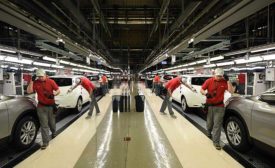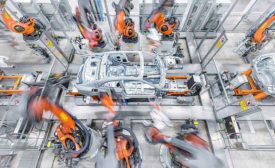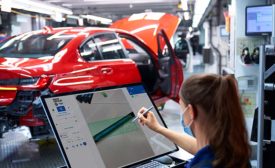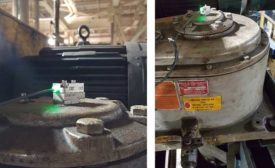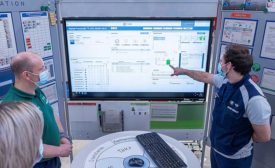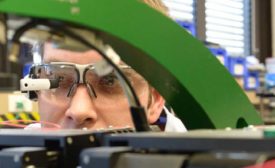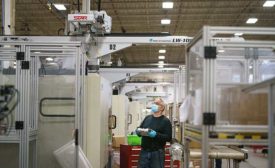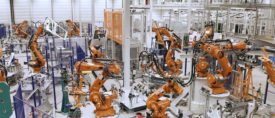Home » Industry 4.0
Articles Tagged with ''Industry 4.0''
VW and the Cloud
By creating an industrial cloud, VW hopes to improve systemwide productivity by 30 percent.
June 30, 2022
Smart Manufacturing at Audi
Digital transformation is well underway at Audi’s five assembly plants worldwide.
June 29, 2022
BMW Applies AI to Assembly
AI is helping BMW inspect parts, control processes and route AGVs.
June 29, 2022
The Power of Predictive Maintenance
Sensors and AI-based software help manufacturers eliminate unplanned equipment downtime.
June 24, 2022
Smart Technologies Aid Continuous Improvement Efforts
New technologies, such as smart vision systems, provide a single source of truth for continuous improvement projects.
June 10, 2022
Justifying Investment in Automation
Production ‘pain points’ should be identified and well documented.
March 31, 2022
Never miss the latest news and trends driving the manufacturing industry
Stay in the know on the latest assembly trends.
JOIN TODAY!Copyright ©2025. All Rights Reserved BNP Media.
Design, CMS, Hosting & Web Development :: ePublishing
